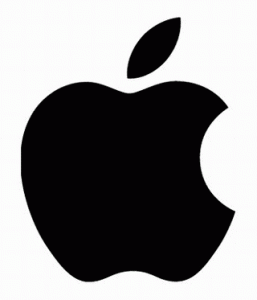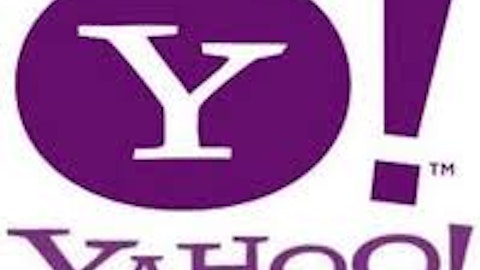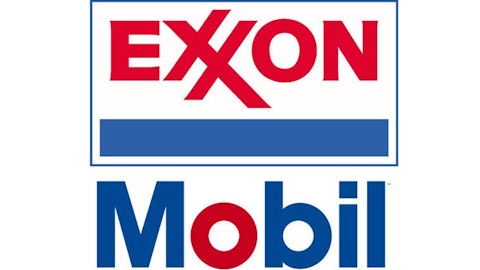
Cook said the subsidiaries have nothing to do with reducing its U.S. taxes, a message he struggled to convey to the Senate Permanent Subcommittee on Investigations.
“We pay all the taxes we owe — every single dollar,” Cook said. “We don’t depend on tax gimmicks.”
The senate subcommittee released a report Monday that held up Apple as an example of the legal tax avoidance made possible by the U.S. tax code. It estimates that Apple Inc. (NASDAQ:AAPL) avoided at least $3.5 billion in U.S. federal taxes in 2011 and $9 billion in 2012 by using its tax strategy, and described a complex setup involving Irish subsidiaries as being a key element of this strategy.
But Cook said the Irish subsidiaries don’t reduce the company’s U.S. taxes at all. Rather, the company avoids paying the 35 percent federal tax rate on profits made overseas by not bringing those profits back to the U.S., a practice it shares with other multinationals.
Apple Inc. (NASDAQ:AAPL)’s enormous, iPhone-fueled profits mean that it has more cash stashed overseas than any other company: $102 billion.
Cook reaffirmed Apple’s position that given the current U.S. tax rate, it has no intention of bringing that cash back to the U.S. Like other companies, it has a responsibility to shareholders to pay as little as possible in taxes.
In effect, Apple Inc. (NASDAQ:AAPL) is holding out for a lower corporate tax rate, and Cook spent some of his time in the spotlight to advocate for one, accompanied by a streamlining of the tax code to eliminate deductions and credits.
Cook, who is more accustomed to commanding a stage in front of investors and techies than facing a congressional committee, took a defensive tone with his opening statement. He punched out words when stressing the 600,000 jobs that the company supports while adding that Apple is the nation’s largest corporate taxpayer.
At the same time, Cook said he was happy to appear to be able to give Apple’s side of the story.
“I’m saying it’s who we are as people. … Wherever we are, we’re an American company,” Cook insisted when asked about Apple’s use of affiliate companies in Ireland.
It was the first time an Apple CEO testified before Congress. Cook did so voluntarily. He appeared with Apple CFO Peter Oppenheimer and Head of Tax Operations Phillip Bullock.
Sen. Carl Levin, D-Mich., the panel’s chairman, said Apple Inc. (NASDAQ:AAPL)’s use of loopholes in the U.S. tax code is unique among multinational corporations.
Apple uses five companies located in Ireland to carry out its tax strategy, according to the Congressional report. The companies are located at the same address in Cork, Ireland, and they share members of their boards of directors. While all five companies were incorporated in Ireland, only two of them also have tax residency in that country. That means the other three aren’t legally required to pay taxes in Ireland because they aren’t managed or controlled in that country, in Apple’s view.
The report says Apple capitalizes on a difference between U.S. and Irish rules regarding tax residency. In Ireland, a company must be managed and controlled in the country to be a tax resident. Under U.S. law, a company is a tax resident of the country in which it was established. Therefore, the Apple companies aren’t tax residents of Ireland or the U.S., since they weren’t incorporated in the U.S., in Apple’s view.
“Apple is exploiting an absurdity,” Levin said at the start of the hearing.
The core of Levin’s argument is that Apple Inc. (NASDAQ:AAPL) has shifted intellectual property rights, like patents, to its Irish subsidiaries, which means other divisions pay royalties to those subsidiaries for their sales.
Intellectual property rights, like patents, are Apple’s “golden goose,” Levin said.



